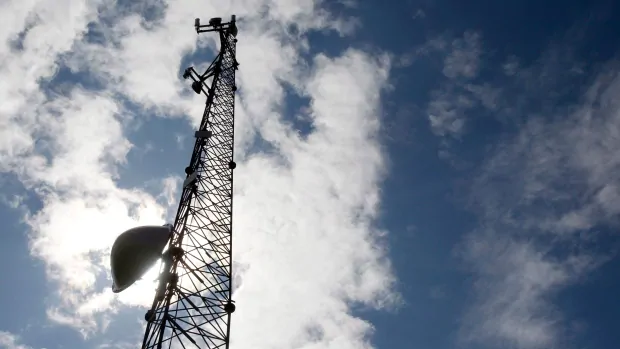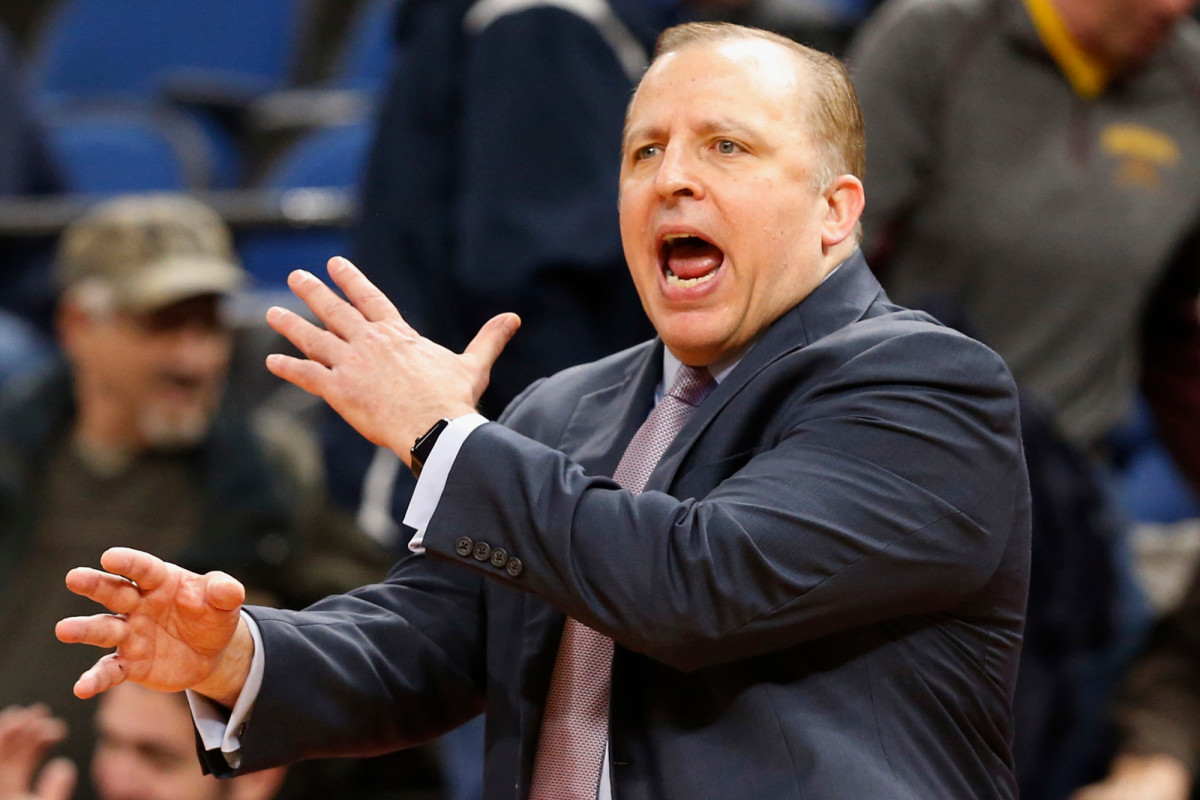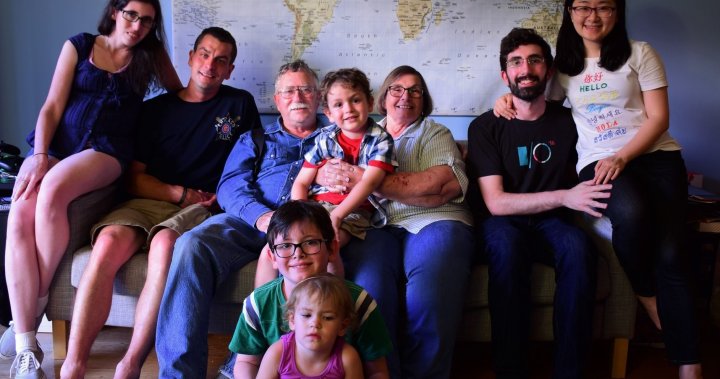After some pandemic-related delays, the Liberal government says it’s now on track to connect 98 per cent of Canadians to high-speed internet by 2026.
The announcement comes as more Canadians find themselves living online while stuck at home due to COVID-19 restrictions.
Prime Minister Justin Trudeau and a handful of cabinet ministers held a news conference in Ottawa to launch the $1.75 billion universal broadband fund — a program unveiled in the federal government’s 2019 budget and highlighted on the campaign trail and in September’s throne speech. Most of the money was announced in last year’s budget.
“We were ready to go in March with the new Universal Broadband Fund and then the pandemic hit,” Rural Economic Development Minister Maryam Monsef told reporters.
The prime minister said the government is now on track to connect 98 per cent of Canadians to high-speed by 2026 — an increase over the previously promised 95 per cent benchmark — and to link up the rest by 2030.
“These are ambitious targets and we’re ready to meet them,” Trudeau said.
About $150 million from the fund will be freed up to fund projects aimed at getting communities connected by next fall.
Senior officials with the department of Innovation, Science and Economic Development said applications will be reviewed on an ongoing basis until Jan. 15, 2021, with the goal of having projects completed by mid-November, 2021.
The prime minister said the government also has reached a $600 million agreement with Telesat for satellite capacity to improve broadband service in remote areas and in the North.
“Good reliable internet isn’t a luxury. It’s a basic service,” he said.
“Now more than ever, a video chat cutting out during a meeting or a connection that’s too slow to upload a school assignment — that’s not just a hassle, that’s a barrier.”
Tories call out timelines
The Opposition Conservatives criticized the government’s timelines, arguing Canadians need better access now more than ever.
“This is absolutely unacceptable and a slap in the face to the nearly one million Canadians who don’t have internet access at home, much less a reliable cell phone signal,” said MP John Nater, Conservative critic for rural economic development.
“For months, Canada’s Conservatives have been demanding concrete action to connect Canadians. We will continue to advocate for lower cell phone prices and for real improvements to broadband internet services, so that Canadians living in rural and remote areas have consistent access to these essential services.”
The CRTC declared broadband internet a basic telecommunications service in 2016. But its data suggest just 40.8 per cent of rural Canadian households have access to download speeds of at least 50 megabits per second (Mbps) and upload speeds of 10 Mbps.
The government said those speeds will allow Canadians to work and learn online and access telehealth services.

Devoted web advocate. Bacon scholar. Internet lover. Passionate twitteraholic. Unable to type with boxing gloves on. Lifelong beer fanatic.




